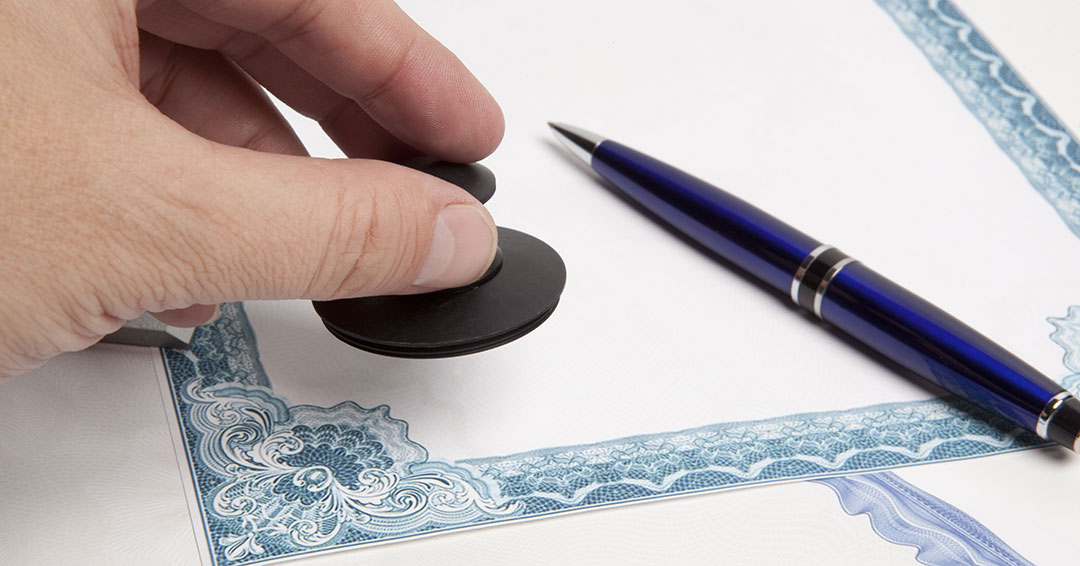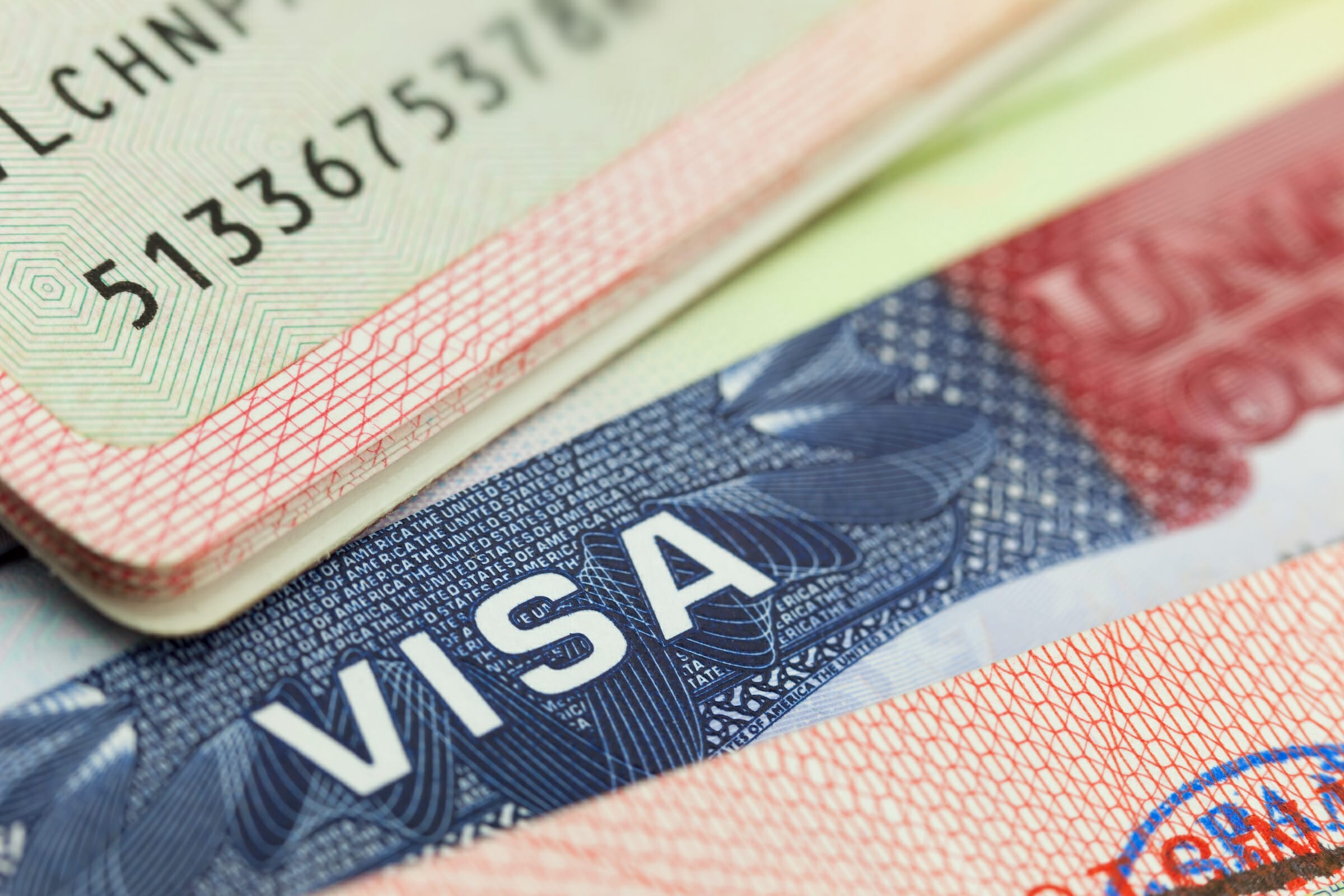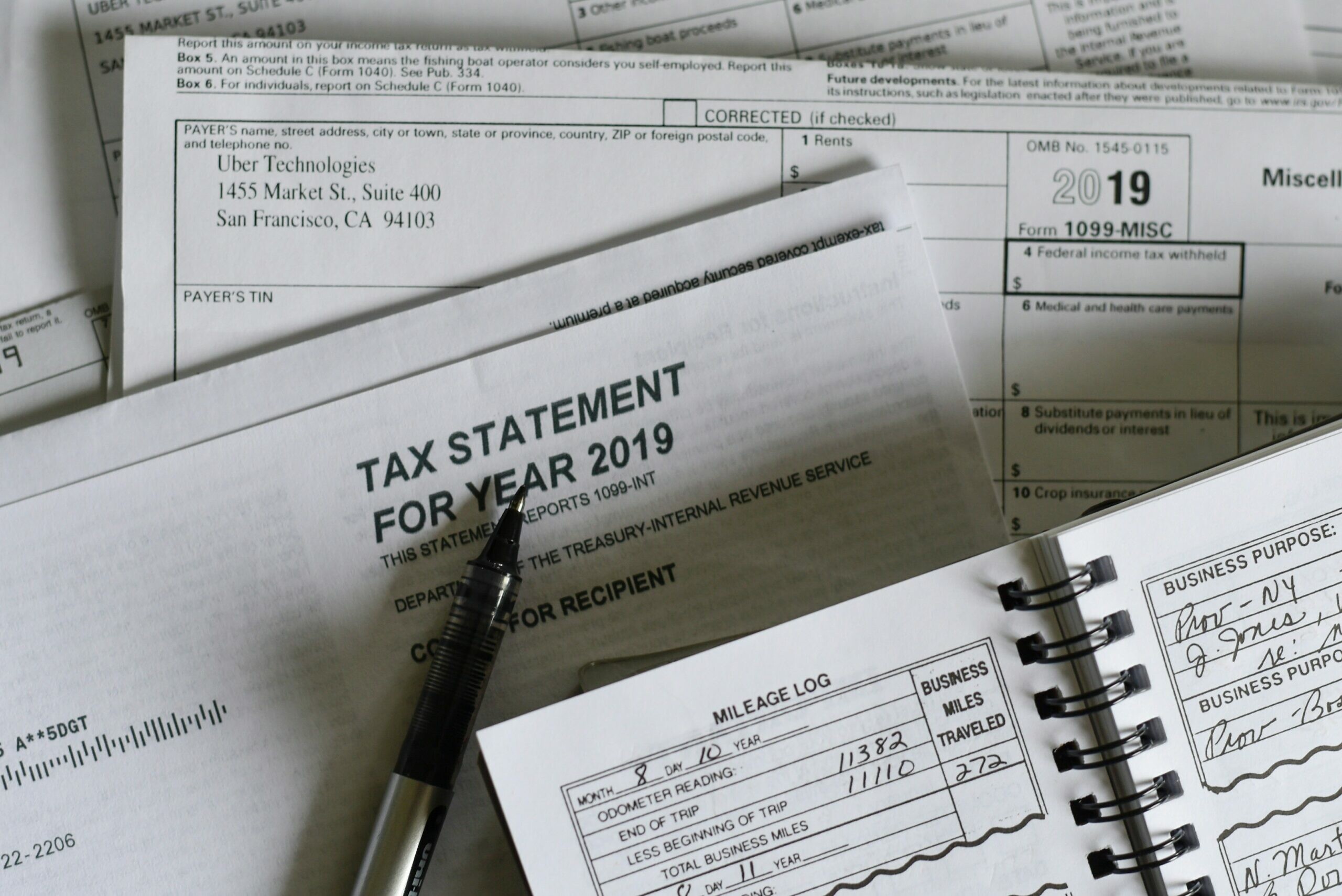A Power of Attorney in Thailand is a legal tool that allows you to give another person the power to act on your behalf. These documents can be general, conferring broad legal authority or special, limited to specific deeds.
For property transfers, the land office department will only accept their standard power of attorney forms (Tor Dor 21 for land and Chor 21 for condominiums). These must be completed in Thai script.
What is a Power of Attorney?
A Power of Attorney is a legal document that authorizes a person to act on behalf of another. The person who gives the authority is known as the Principal or Grantor and the person who receives it is known as the Agent or Attorney-in-Fact. The power of attorney can be used for a variety of transactions, including transferring property ownership.
The Power of Attorney can be either general, which confers broad legal authority, or special, which allows the Agent to act only in certain circumstances. The applicable law requires that both the Principal and the Agent be legally capacitated and capable of granting or executing the powers enumerated in the Power of Attorney. The document must also conform to other formal and substantial requisites to be considered valid and enforceable.
Many people need a Power of Attorney for a number of reasons. However, it is important to draw one up while you are in a healthy mental and physical state. It is also important to get the document authenticated so that it will be recognized by Thai authorities.
How to Create a Power of Attorney in Thailand
A Power of Attorney, also known as Prokura or e-prokura, gives an individual, legally named the principal, the ability to represent others in carrying out actions that require his authentic signature. A power of attorney can be general, which confers broad legal authority, or special, which grants specific deeds. Our firm can provide consultation and assistance in drafting a Power of Attorney, tailored to suit the circumstances of our clients.
In order for a power of attorney to be valid, it must be executed by the principal in accordance with applicable law and must be signed by both the principal and the agent before being witnessed by two witnesses or a notary public. If the signature is from outside Thailand, a certification from the embassy or consulate is required. Living Wills, regulated under Section 12 of the National Health Act of 2007, are another form of conditional power of attorney.
How to Transfer Property in Thailand with Power of Attorney
Under Thai law, a power of attorney can only be granted to individuals who are legally competent. This includes the person giving out the authority, known as the Principal or Grantor, and the person receiving it, called the Agent or Attorney-in-fact. It must also be notarized and bear duty stamps before it is valid for use. Our firm is experienced in drafting and notarizing power of attorneys that meet the strict requirements set by Thailand’s law.
For property buyers who are unable to complete the process of transferring ownership at the Land Office in person due to unforeseen circumstances, it is possible to make a Power of Attorney to allow someone else to do it on their behalf. This type of power of attorney must be certified by a lawyer (or, depending on the country of residence of the transferor, by a public notary or the local embassy). Siam Legal has offices strategically located throughout Thailand to provide this service to clients.
How to Transfer Property in Thailand without Power of Attorney
In Thailand, a Power of Attorney is an instrument that gives authority to one individual to act on another’s behalf. This type of document is typically used for a variety of activities, including real estate transactions. The person giving the power of attorney is known as the Grantor and the person receiving it is called the Agent or Attorney-in-Fact.
Foreigners cannot own land in Thailand but are permitted to buy structures and buildings built on leased lands. This must be done under two contracts: a lease agreement for the land and a sale and purchase contract for the house. Alternatively, a foreigner may acquire the right of superficies (land ownership) by submitting the appropriate documents to the Land Office.
This type of document follows strict standards and requires a complete understanding of the process. It can also be complicated because it must be presented to the Land Office alongside other required documents, such as a copy of the person’s Thai ID card and passport.






